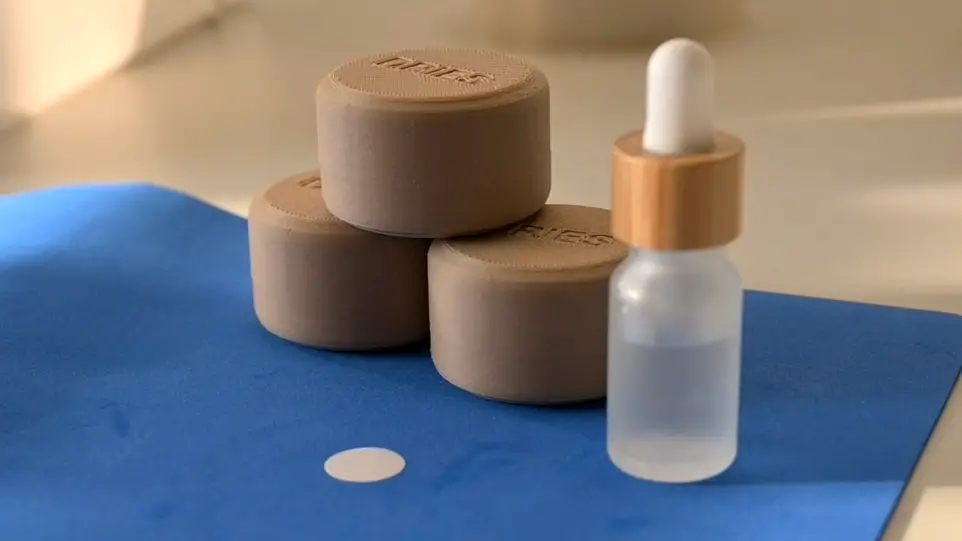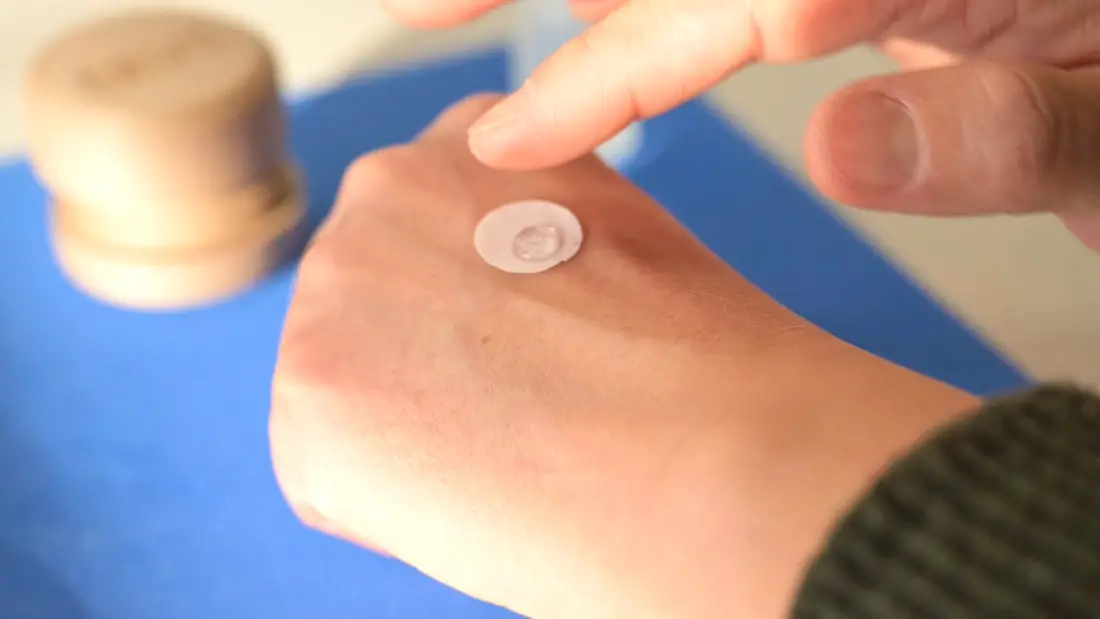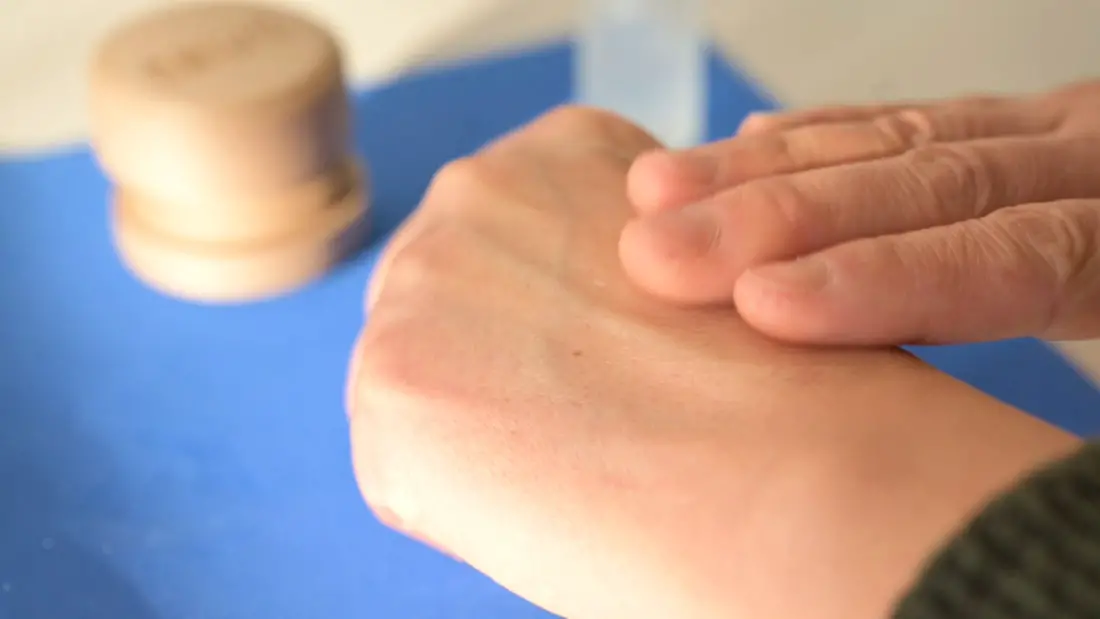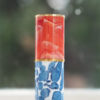
I’m loathe to use the word ‘game changer’ but DRIES technology really could be exactly that for the beauty industry. I honestly had to double check it wasn’t April 1st today because my brain did a ‘wait a minute…?’ kind of swerve. In a nutshell, researchers from the University of East Anglia have developed a technology that turns wet goods (i.e. moisturiser) into a tiny piece of ‘paper’.

I’m still hoping this is actually real otherwise I will be removing it in the fastest possible move available to me at 8am! What the breakthrough means is that 98% of water in products such as shampoo, serums, sun cream etc can be removed and to revive those ingredients, all you do is add a drop of water which rehydrates the paper disc. The implications for packaging alone are huge. The lead researcher is Prof Sheng Qi from UEA’s School of Pharmacy who is hopeful that DRIES will cut the colossal carbon footprint created by the industry. I’m not sure I fully understand the tech of this but Prof Qi says, “We take the water out by jetting the liquid out in a very thin liquid jet (electrospinning), which dries really quickly. The solid residues form very thin fibres which land on each other and form this material, which feels like a piece of paper.” One of the main points with DRIES is that it doesn’t use heat for drying – ingredients such as peptides and proteins don’t respond well to heat and any high temperatures costs them effectiveness.
 DRIES
DRIES
There’s a YouTube video of the discs in action HERE. As is often the case, the technology was originally developed for the pharmaceutical industry, but a breakthrough for Prof Qi was when they won the 2022 Cosmetics Cluster UK 32nd IFSCC Congress–Innovation in Action–Technology Showcase Challenge award – it’s a big deal. The patent for this was filed last year and is still pending but you can very easily see why the beauty industry are all over this like a rash as they rush for their net zero goals. You just never know with something like this whether it will be cost prohibitive when licences and so forth come into play but I think the idea is to make it an available technology – apparently, NDAs are being signed left, right and centre while brands keep their cards close to their chests. I imagine we are immediately looking at Unilever and L’Oreal but those are my guesses. With improved shelf life, reduced packaging and product weight, transportation, plastic waste and removing the need for preservatives, there are huge financial implications across the board for this – not just positive. Industries based around producing wet goods will be impacted and therefore so will the workforce – in fact, while I can see great gains for carbon foot-printing and waste reduction, I’d want to see the human impact before I go a full thumbs up on this for any large scale development. What do you say?
Transparency Disclosure
All products are sent to me as samples from brands and agencies unless otherwise stated. Affiliate links may be used. Posts are not affiliate driven.




6 comments
Wow, very interesting! I use pressed dry discs of sheet masks (you know – these that you wet with whatever lotion\serum\toner you pleased at the moment), but this is indeed a big step forward… I’m still a bit skeptical though about this tech’s ability to preserve all the goodies of a wet product during that water extraction… Looking forward to try some! hope it’ll not cost arm and leg 🙂
I’m looking forward to seeing how it develops.
This is really interesting. It would be fab for travel. I do feel guilty about the amount of waste there is with cosmetics. The area I find it hardest to improve. The environmental benefits look good. I definitely would like to see how it progresses and hope it’s successful. Thanks for posting about it. I love your blog. So much more interesting than most.
thank you so much – yes me too – I think it has a way to go but potentially, it’s impactful.
Blimey – that tech has such potential it’s incredibly exciting. Thanks so much for posting this. These kind of insights are one of the things that makes your blog so engaging and thoughtful. I’m desperately searching for ways to reduce the environmental impact of ‘looking after my face’ . Being more thoughtful and not buying anything until I’ve used the last thing up is obviously a starting point ( and it’s shameful how much gubbins I gave), but the idea that we wouldn’t have to ship water hither and thither and everything that goes along with that, could be remarkable. Fingers crossed.
I know – it has so much potential.